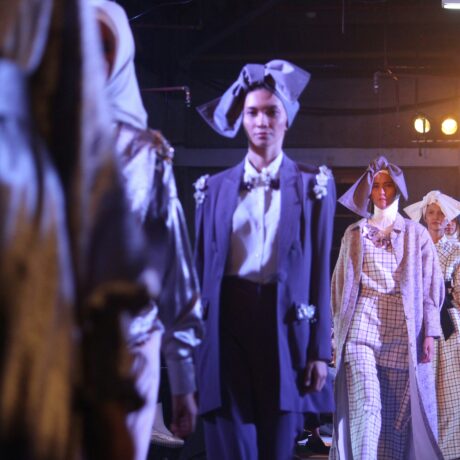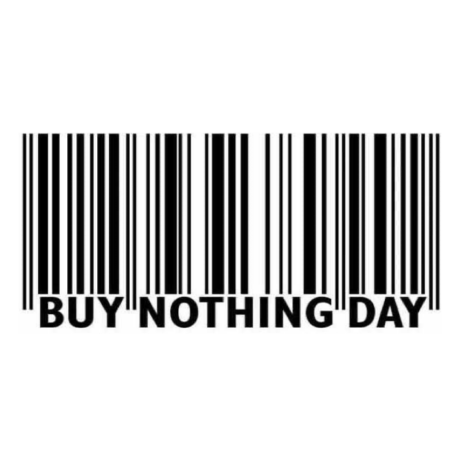Kardashian Kloset: A Pros and Cons List
The world’s most famous family recently made headlines by announcing the launch of an ecommerce resale platform to bring their pre-worn wears into the hands of consumers. Coming at the end of an inspiring #SecondhandSeptember, the move had us feeling mixed emotions – given that the Kardashians have a history of selling unsustainable products (think cotton-poly blend jeans and nylon waist trainers).
Beyond their own labels, the Kardashians are also the queens of influencer culture, feeding the trickle-down fashion system that preys on overconsumption. Put simply, journalist Sirin Kale writes, “The Kardashians don’t just sell clothes, but a way of being…Dress like a Kardashian, and you can approximate a lifestyle otherwise beyond your reach, with low-cost retailers bridging the gap”.
Honestly, this move towards resale in a celebrity culture that fears outfit repeating is kind of exciting and a little unexpected so we’ve put together some pros and cons to unpack the situation from all sides.
Pro: The influence of the Kardashians can potentially bring in new supporters to the secondhand movement: Can celebrity-studded secondhand threads up the appeal of preloved clothes? Thredup recently reported that secondhand clothing will make up 1/3 of our wardrobes by 2023, but if anything is hindering this environmental best practice, it’s the false notion that wearing used clothing is somehow less glamorous.
Perhaps, by seeing A-listers celebrate clothing resale, those who are still holding out on thrift will start to embrace the beauty of a more circular wardrobe.
Pro: The wardrobes of these women won’t be single-use. Think of every episode you ever watched of KUWTK (don’t worry, we won’t tell anyone). Did they ever repeat outfits? It felt rare. Let’s hope that by selling their preloved garments they can prolong the lives of these clothes. While it seems unlikely that any of their designer goods would’ve been sent to landfill, these clothes will now be sent to buyers who treasure not only the styles but the provenance. It’s the ultimate celebrity take on #LovedClothesLast.
Con: We can’t separate this new business from the Kardashian-Jenner’s other endeavours. If you feel like you’re hearing rumours of a new company launch from one of these it-girls every other weekend, you aren’t alone. And with many of these brands selling products with no consideration towards their social or environmental impacts it’s hard to cheer on the first of their initiatives that footnotes its branding with the statement, “offering you the opportunity to own one of a kind items, while promoting sustainability.”
Con: We aren’t addressing the Kardashian-fueled problem of overconsumption. At present, the faces behind the new resale business are some of the richest on the planet, and that’s largely due to their influencer driven fashion and beauty businesses along with the diet and fashion products they endorse on social media. In 2018, Kylie Jenner’s cosmetics line saw a revenue of $360 million US dollars.
“As our leader, ‘Momager’ Kris Jenner says, ‘Shop til you drop!’”
Given that the new website includes the above juicy line on it’s ‘About’ page, Kardashian Kloset may be getting rid of the families’ unworn clothes in a clever way, but it isn’t tackling overconsumption at the root of the problem – it’s simply profiting from the symptoms.
What can you do with these conflicting pros and cons?
At Fashion Revolution, we operate on our founding ethos of ‘Be Curious. Find out. Do Something”. Within that slogan is the idea that no brand, person, or initiative is ever 100% perfect, but that if we ask the right questions our collective voices can make a positive change. As always, we encourage you to ask brands #WhoMadeMyClothes, and use this campaign as the starting point of a conversation that brings about real change.
The Kardashians are no doubt some of the most watched people right now, but it’s their audience that ensures their continued fame and success. That means, we can applaud their move into resale and challenge them on their brands and their behaviour. They have the influence, but together we can demand that they use it for good.








